Reframing Perspectives on Who’s Helped, Hurt by Minimum Wage Hikes
Urban Planning Professor Chris Tilly spoke to news outlets about the impact of California’s new wage law on fast-food chains as well as smaller businesses. The law sets a $20 minimum hourly wage for fast-food workers at chains with 60 or more restaurants nationwide. But the impact is also felt by local ethnic restaurants and other small businesses, which must compete to retain workers. “These grassroots businesses are part of the glue that holds communities together, and they’re what give the community an identity,” Tilly told the Los Angeles Times. He also spoke to USA Today about the wage hike’s effect on consumer prices and hiring practices. “The big critique of minimum wages is ultimately it’s a job killer, that it hurts the people that you’re trying to help,” but data from the last three decades has not shown those effects, Tilly said. “We do have to think about how to help people. But to do that by hurting other low-income people doesn’t seem like the right strategy to me.”
Congestion-Pricing Ambitions Slowed by ‘Internal Trepidation’
A Wall Street Journal story about legal challenges to a plan to launch a congestion-pricing zone in parts of Manhattan in June cited Michael Manville, chair of Urban Planning at UCLA Luskin. Pending litigation could delay the start of the program, which would charge passenger vehicles $15 during the day and $3.75 at night to enter the zone, with higher tolls for trucks. Many businesses and commuters argue that the program, approved in 2019, is ill-timed because communities continue to struggle in the wake of the COVID-19 pandemic. Congestion-pricing zones have been successfully launched abroad, and transit advocates had hoped that New York’s program would spur action in other U.S. cities. But in places including San Francisco, San Diego and Los Angeles, momentum has slowed. “I would say it’s at a bit of a standstill,” Manvile said. “What’s happened in California, and particularly Los Angeles, is internal trepidation.”
Accusations of Negligence in Shooting by 6-Year-Old
Social Welfare Professor Ron Avi Astor spoke to the Washington Post about legal repercussions from the 2023 shooting of a Virginia teacher by her 6-year-old student. A grand jury indicted a former assistant principal with eight counts of felony child abuse, and the injured teacher has filed a $40 million suit against the school district, alleging negligence on the part of administrators. The former assistant principal is accused of disregarding at least three teachers’ warnings that the first-grader might be carrying a gun. “Maybe 10 or 15 years ago people could say, ‘I wasn’t educated. I didn’t know this could happen. I thought the kid was too young to have a gun,’” Astor said. “But in this day and age with all the data, reporting and training, it’s really problematic for a vice principal not to follow up on these warnings.” In another Washington Post story, Astor said that Americans are frustrated by the political impasse over proposals to restrict access to guns and are “just exhausted” by the bloodshed.
Returning to Work, Revamping Commuting Habits
Smart Cities Dive spoke to UCLA Luskin’s Donald Shoup for an article on companies attempting to change employees’ commuting habits as they return to in-person work. Historically, private car travel has been the predominant way U.S. workers get to work. An estimated 85% of employers offer free on-site parking, compared with just 13% that offer a transit subsidy, the article noted. Increasingly, employers are offering incentives to encourage commuting options including public transit, walking, biking and carpooling — and disincentives to drive alone, including raising the cost of parking. Shoup, a distinguished research professor of urban planning, is a proponent of the “parking cashout.” This system provides employees the option of compensation in the form of cash or other transportation benefits in exchange for giving up their free parking benefit. “All we’re saying is, when you drive, you pay. When you don’t drive, you save,” Shoup said.
New Delays for LAX People Mover
A Los Angeles Times story on delays in the construction of the $2-billion Automated People Mover at LAX cited Jacob Wasserman of the UCLA Institute of Transportation Studies. The 2.25-mile elevated train, which will move people to and from airport terminals, parking lots, a rental car facility and the Metro connector, was originally expected to wrap up in 2023, but new forecasts point to an opening in fall of 2025. “The transit connection to LAX has been the white whale of L.A. rail transit. Some of that has to do with the kind of unique politics and financial structures of airports and transit agencies,” Wasserman said. “There are federal rules for [the] Federal Aviation Administration that say airport money has to stay at the airport.” Wasserman also told KNX radio that the People Mover’s opening will be welcomed but would not necessarily fix congestion issues on the airport’s notorious traffic loop.
Voting Rights Project Prevails at U.S. Supreme Court
The UCLA Voting Rights Project scored another legal victory when the United States Supreme Court denied a last-ditch attempt to invalidate a lower court ruling relating to a redistricting map in Washington state that violated the Federal Voting Rights Act. The map would have diluted Latino electoral influence. Sonni Waknin, VRP program manager and voting rights counsel, said in a news release picked up by media outlets that this will lead to a lawful map during the next general election in the Washington Legislature. “This decision guarantees that all voters can participate, assured their votes count on a map adhering to Section 2 of the Voting Rights Act. We are proud to advocate for our clients in the Yakima Valley,” Waknin said. The legal victory is among a string of similar actions by the VRP, which is affiliated with the UCLA Latino Policy and Politics Insitute and saw two of its leaders — Matt Barreto and Chad Dunn — profiled in a UCLA Magazine story about professors working to guarantee free and fair elections.
Restoring Confidence in New York’s Subway System
UCLA Luskin Interim Dean Anastasia Loukaitou-Sideris spoke to the New York Times about strategies to increase safety on New York’s subway system. A string of recent attacks, some involving firearms, have eroded many subway riders’ sense of security. To keep guns out of the subway system, officials should consider stepping up security screenings in ways that affect service as little as possible, said Loukaitou-Sideris, who co-authored a chapter of the 2015 book “Securing Transportation Systems.” In addition to conducting frequent and rigorous bag checks, transit officials could install metal detectors and X-ray machines — a more expensive option but one that the Shanghai Metro has implemented efficiently, Loukaitou-Sideris said. Transportation officials around the world have also been studying the addition of firearm-detecting sensors to fare-collection devices and ticketing machines. “You have to eliminate the opportunity to bring the gun on the train,” Loukaitou-Sideris said.
A Spike in Entrepreneurship Among Latin American Immigrants
Robert Fairlie, chair of UCLA Luskin Public Policy, spoke to the Wall Street Journal about a spike in entrepreneurship among Latin American immigrants, who are starting businesses at more than twice the rate of the U.S. population as a whole. Startups of all types swelled in 2020, as COVID-19 upended work lives, changed consumer behavior and created business opportunities, according to an analysis of U.S. Census data conducted by Fairlie. “COVID has put us on a different trajectory,” he said. One reason that Latin American immigrants have maintained a strong entrepreneurial momentum is their focus on sectors that have experienced increased demand since the onset of the pandemic, including food, services and delivery, Fairlie said.
Hecht Joins Podcast to Discuss Deforestation in Latin America
UCLA Luskin Professor Susanna Hecht joined the LatinNews Podcast to talk about deforestation and other environmental issues in the Amazon. Hecht, a professor of urban planning who also serves as director of the Center for Brazil Studies at UCLA, spoke about the region’s history and the complex dynamics relating to forest resurgence in the tropical world. To begin, she noted with a laugh that the interview was taking place “from climate-battered Southern California. My road is closed from landslides, so just to keep things in proportion, climate change is pretty generalized these days, even in places that view themselves as immune from it.” As the podcast proceeded, she spoke about geopolitical issues and provided an overview of the various types of resource depletion that continue to plague the Amazon and how these practices contribute to climate change.
A Push to Plant Trees in L.A.’s Hottest Places
Edith de Guzman of the UCLA Luskin Center for Innovation authored a blog post on a new step-by-step framework to help residents, advocates, city leaders and planners work together on real cooling solutions in the hottest neighborhoods. “Beneath the reputation of Los Angeles as a land of cars, palms and sunshine lies a reality of stark inequalities — including access to trees and shade,” de Guzman wrote for The Equation, the blog of the Union of Concerned Scientists. “Nearly 20% of L.A.’s urban forest is concentrated where only 1% of the city’s population lives, endangering lower-income communities and people of color with hotter-feeling summers and poor environmental quality.” de Guzman, a University of California Cooperative Extension specialist on water equity and adaptation policy, stressed the importance of partnering with community members to cool their neighborhoods and combat shade inequity.
Torres-Gil on Fixing the Caregiver Shortage
A Next Avenue series on individuals who are breaking new ground on issues surrounding aging highlighted the work of Fernando Torres-Gil, professor emeritus of social welfare and public policy at UCLA Luskin. Torres-Gil has has served as a senior advisor on aging to three U.S. presidents and has a long record of scholarship and advocacy in the field. He spoke of the urgent need for caregivers for older or disabled Americans, saying that the current workforce is underpaid and undervalued. “Young caregivers now will not work for $12 an hour to take care of a disabled person, not when they can go to In-N-Out and get $18, $19, almost $20 an hour and be better treated, have health insurance and have a job that doesn’t wear them down physically,” Torres-Gil said. He also weighed in on the 2024 election, expressing fears that political campaigns will reduce aging issues to “mudslinging, distortions and lies, no substantive discussion.”
Stepping Up L.A.’s Plan for Safer Streets
Urban Planning chair Michael Manville spoke to Bloomberg CityLab about the passage of a ballot measure aimed at speeding up the addition of hundreds of miles of bike and bus lanes, as well as wider sidewalks, on Los Angeles streets. The vote on Measure HLA served as a referendum on pedestrian and bicyclist safety and revealed frustration at the city’s slow pace of implementing a mobility plan adopted in 2015. “Hopefully, what this does is it lights a fire under the city to take seriously its own law that has been in effect for quite a while,” Manville said. The story also cited Jiaqi Ma, faculty associate director of the UCLA Institute of Transportation Studies and director of the UCLA Mobility Lab. “Unintended consequences need to be considered,” including potential increases in congestion, emissions and freeway traffic, Ma said, but he called the measure’s passage a “good step.”
A New Era for Sidewalks, the Ultimate Public Space
A New York Times story on a project to repair and restore 108 blocks of sidewalk surrounding Central Park called on UCLA Luskin Interim Dean Anastasia Loukaitou-Sideris to provide history and context. “Sidewalks are the ultimate public space. They exemplify openness and democracy,” Loukaitou-Sideris said. “They really have to be open and accessible to everyone, regardless of age, gender, disability, race, ethnicity.” The urban planning scholar and author of “Sidewalks: Conflict and Negotiation Over Public Space” said sidewalks first became widespread in the United States in the 19th century but have many more uses today. Electric scooters, delivery robots, people using Google Maps on foot, people waiting for Ubers and restaurants expanding outdoors have all found a place on the sidewalk. “There are all these new uses that have been brought about by digital technology and the pandemic,” Loukaitou-Sideris said. “Sidewalks are becoming more important than what they have been, and it might be a new era for sidewalks.”
Pierce on Water Safety, Affordability and Dwindling Supply
Gregory Pierce, co-executive director of the UCLA Luskin Center for Innovation, spoke to news outlets about California’s water supply, safety, access and affordability. Around the country, water bills are rising as utilities upgrade aging infrastructure to meet standards for clean drinking water. New federal legislation would make permanent a pandemic-era program to help low-income families pay their bills and prevent shutoffs of water service. Investing in water infrastructure is an urgent priority, Pierce told the Los Angeles Times, adding, “We need to do more to support those who can’t pay.” Pierce also spoke to the Water Values podcast about water service and inequity in mobile home parks, and to CapRadio about below-average snowpack levels in California. Warmer storms this winter brought lots of rain but less snowfall — “a worrying trend to see coming to fruition,” said Pierce, who directs UCLA’s Human Right to Water Solutions Lab.
How L.A. Residents Can Help Capture Stormwater
When it rains in California, water agencies throughout the Southland use dry wells, dams and large spreading grounds to capture stormwater, but Los Angeles residents also may play a part in filling the arid region’s reservoirs. An LAist story on residential water capture included comments from Edith de Guzman, a water equity and adaptation policy cooperative extensive specialist affiliated with the UCLA Luskin Center for Innovation. It’s difficult to determine just how much an individual household’s yard could contribute to water capture through rain gardens, permeable pavement or swales, but landscaping innovations like those could make an impact, according to research in the 2015 report, Stormwater Capture Master Plan. The study was prepared for the Los Angeles Department of Water and Power in partnership with TreePeople, where de Guzman worked as director of research at the time. “Parcel by parcel there is an additive effect and we’ve shown that additive effect is really significant,” she said.
A Fee to Ease Manhattan Traffic
News outlets covering New York City’s plan to charge a congestion fee to drivers entering the most traffic-choked parts of Manhattan called on UCLA Luskin transportation experts to provide insight. Donald Shoup, distinguished research professor of urban planning, told Gothamist that New York is unusual in that nearly all of the curb spaces are unmetered. “This is some of the most valuable land on earth, and you could use it free if you bring a car,” he said, calculating that the city could generate $6 billion annually by charging $5.50 a day for every free curb parking spot. Urban Planning chair Michael Manville told the Associated Press that American cities should take heed of London’s experience, where several exemptions to a congestion pricing program have contributed to the return of clogged streets. “There’s always going to be carve-outs,” he said. “But the further and further you start going down that road, there lies madness.”

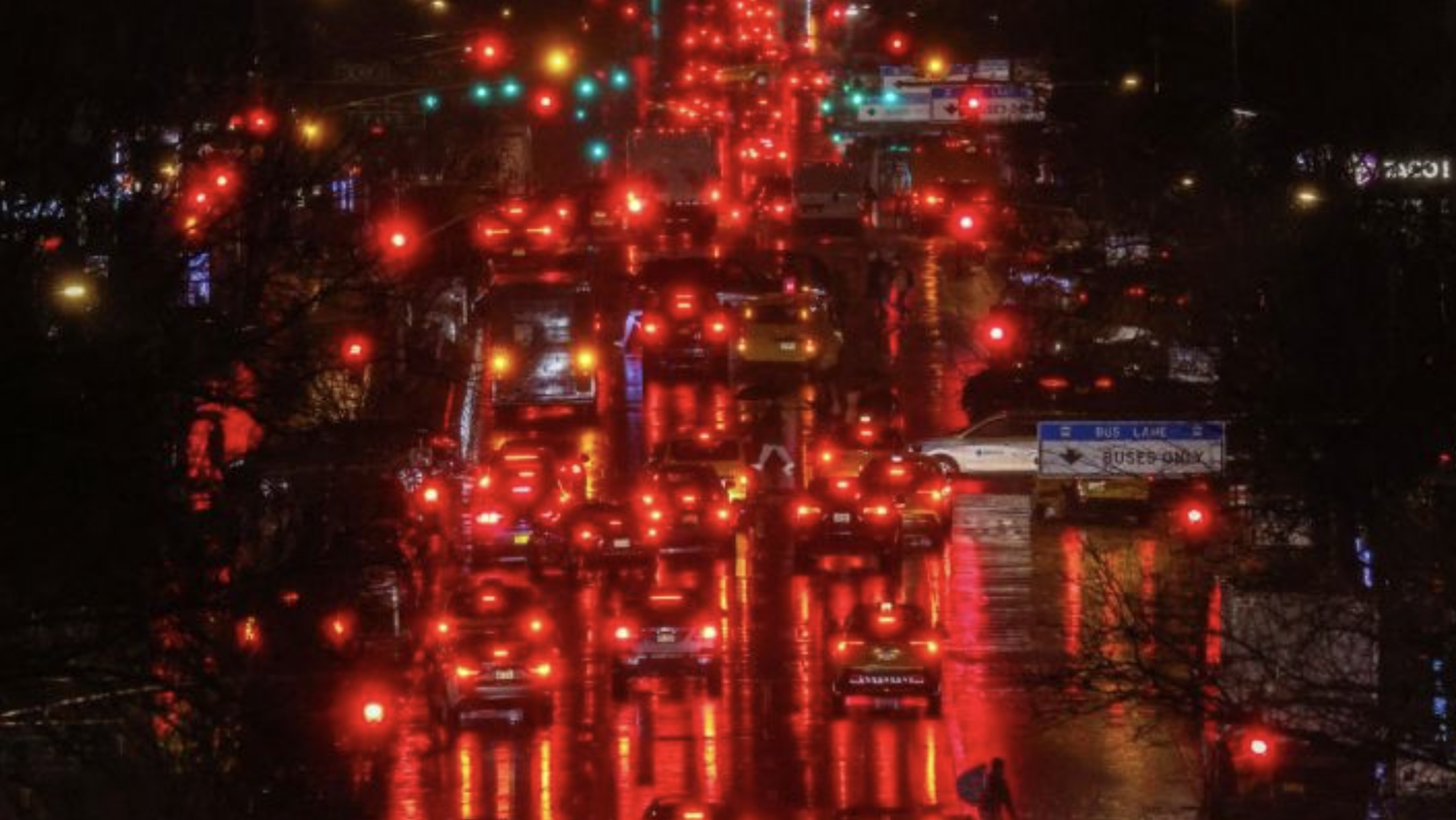
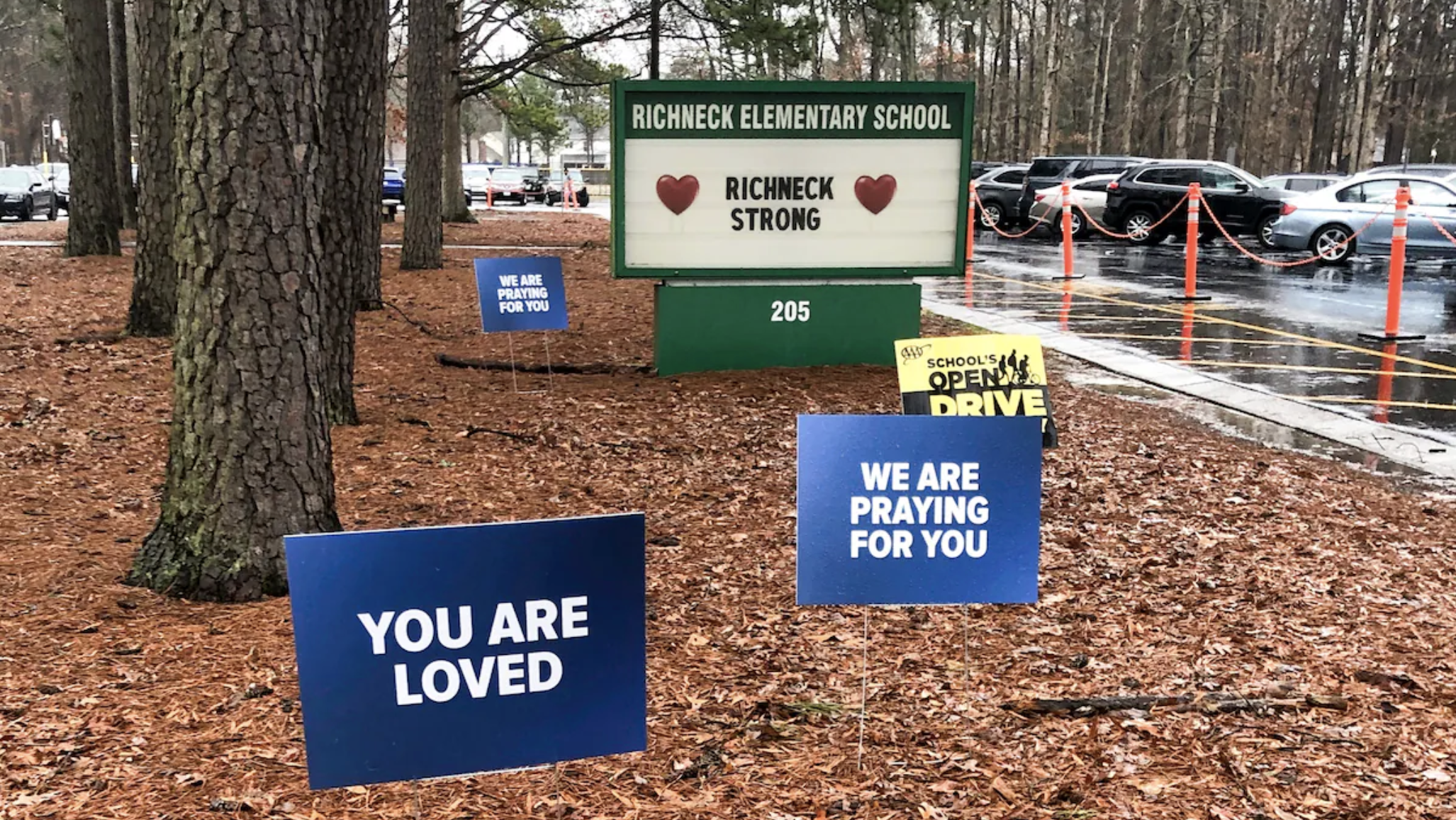
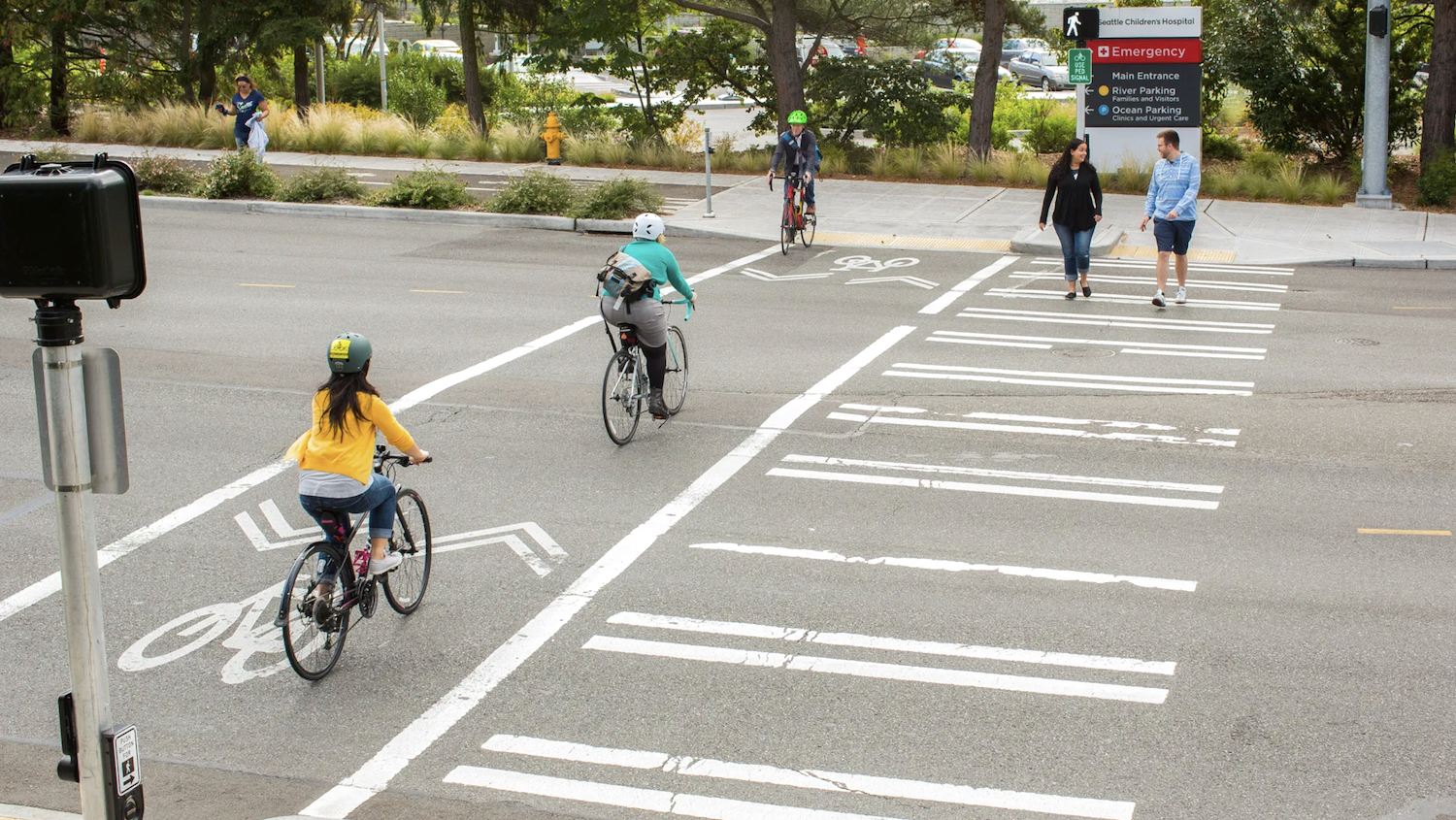
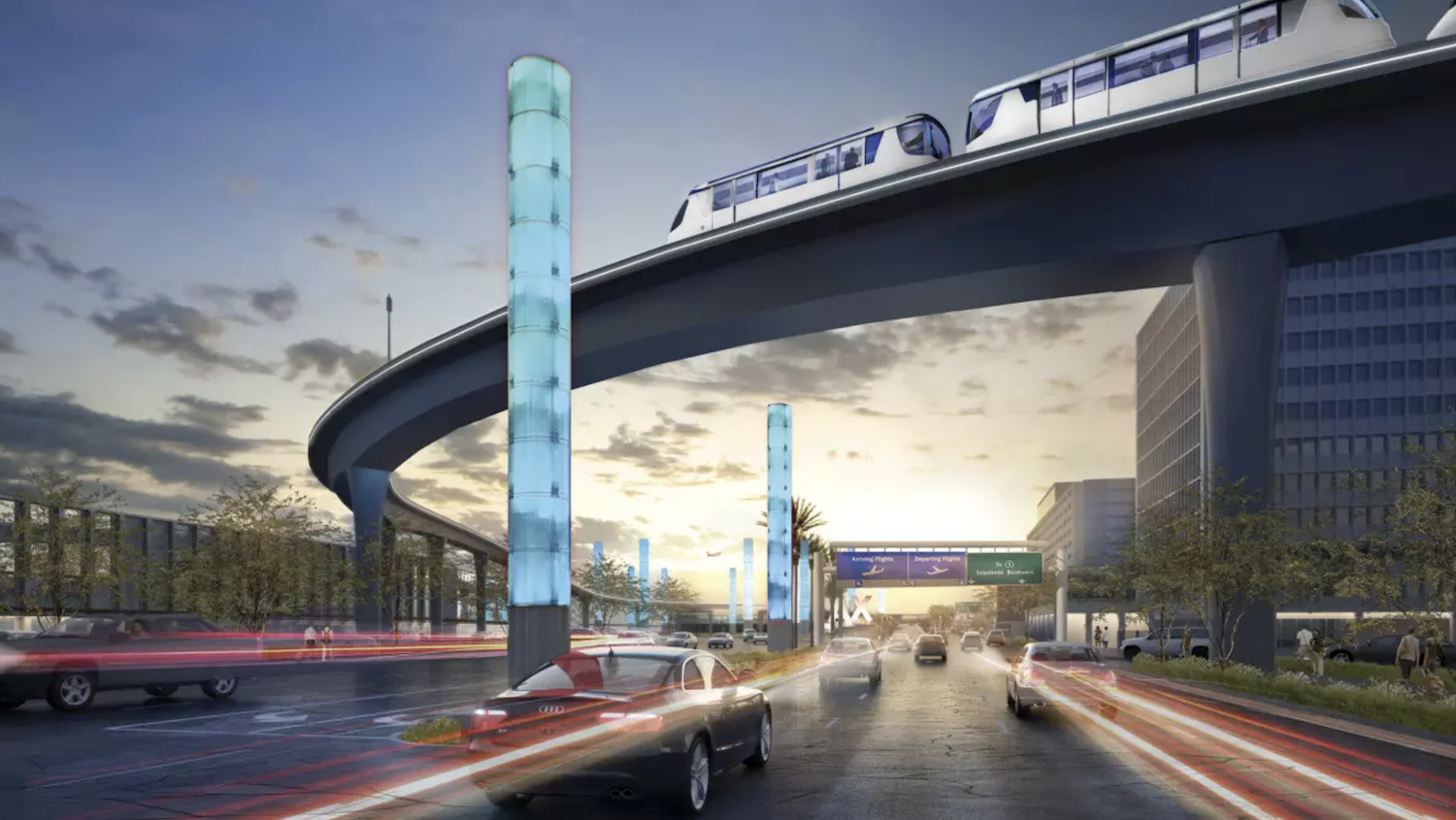
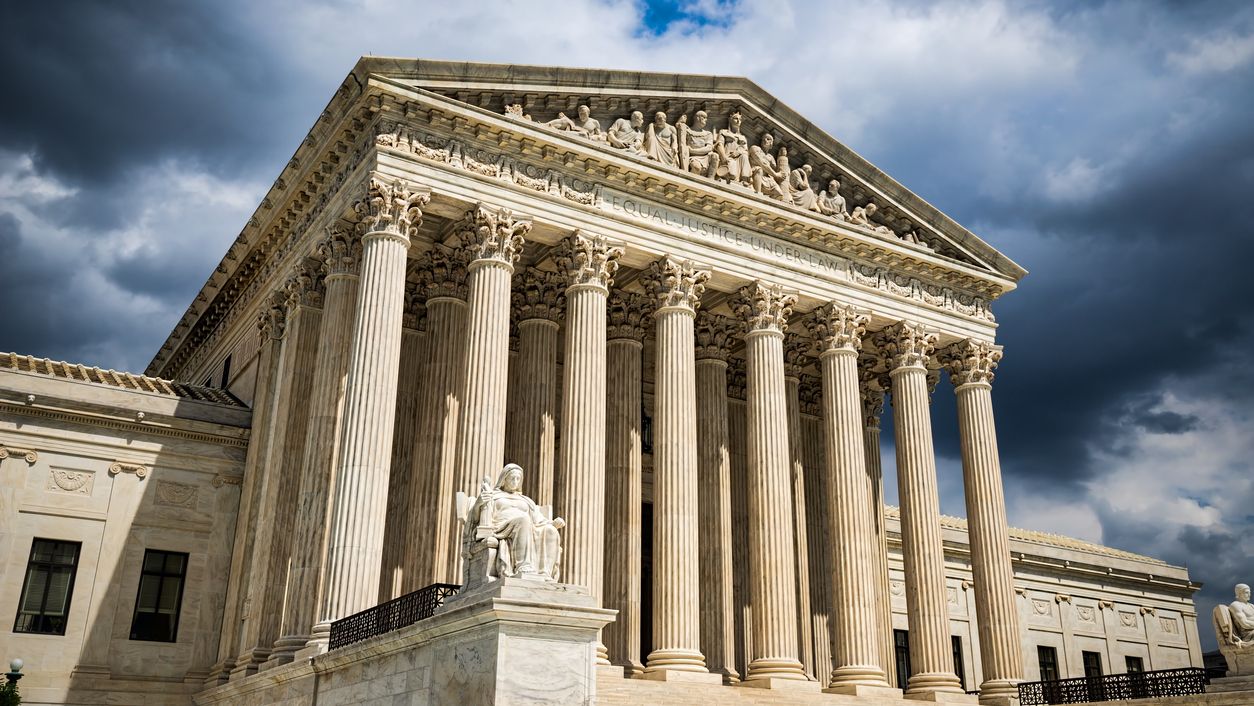
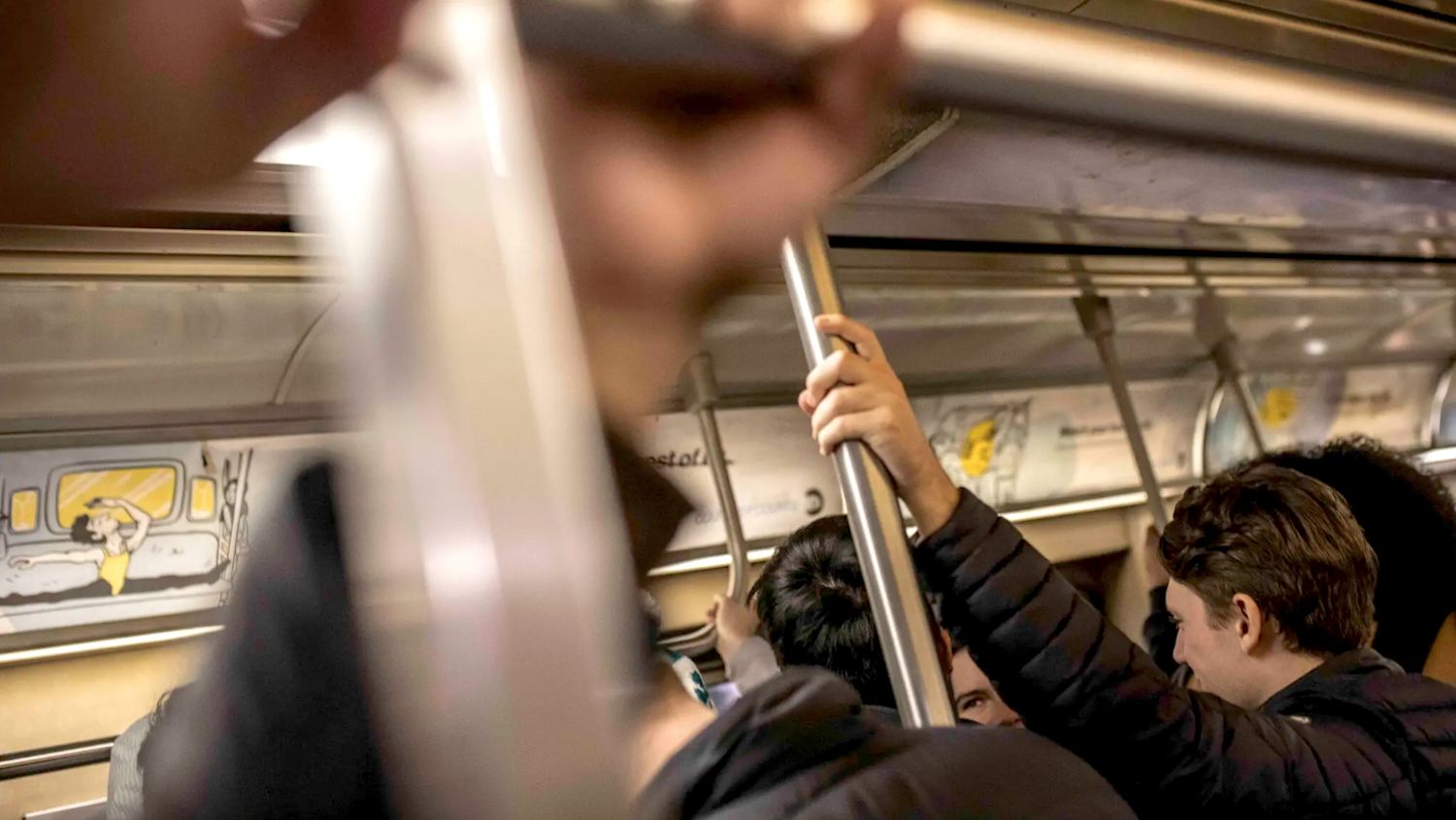
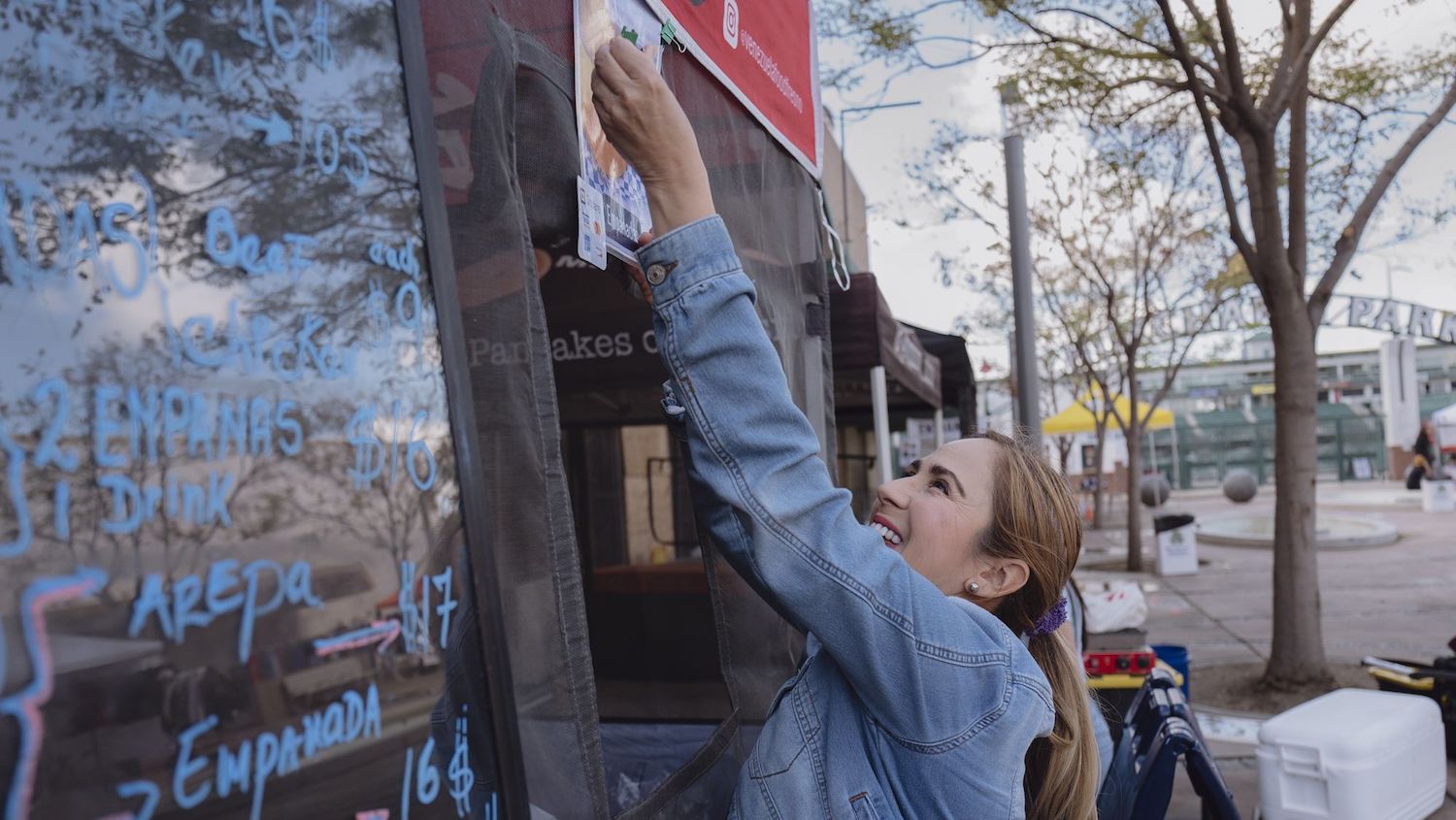
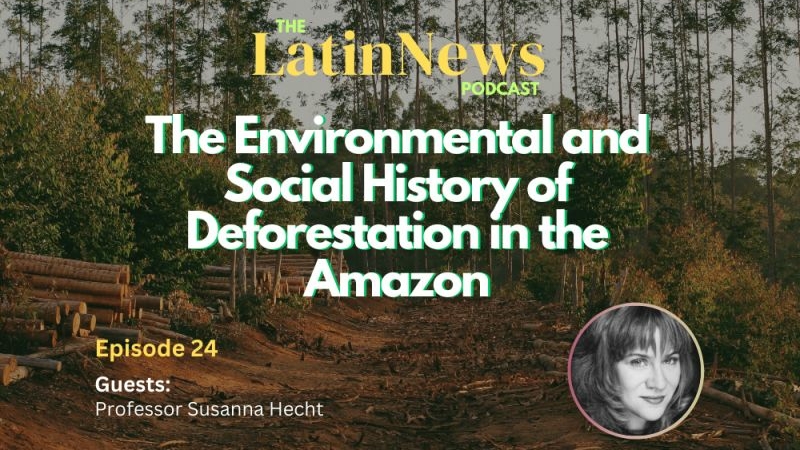
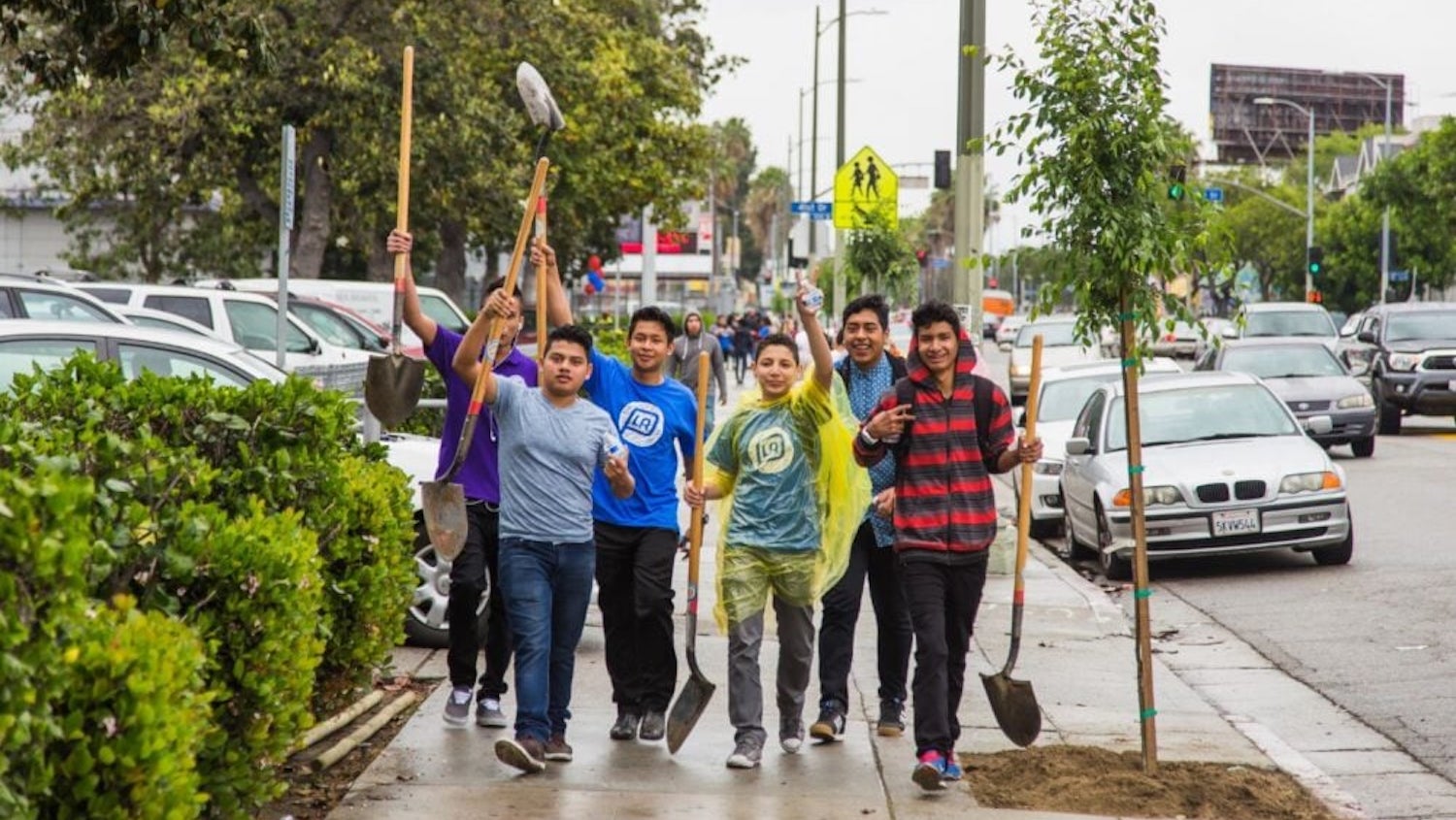
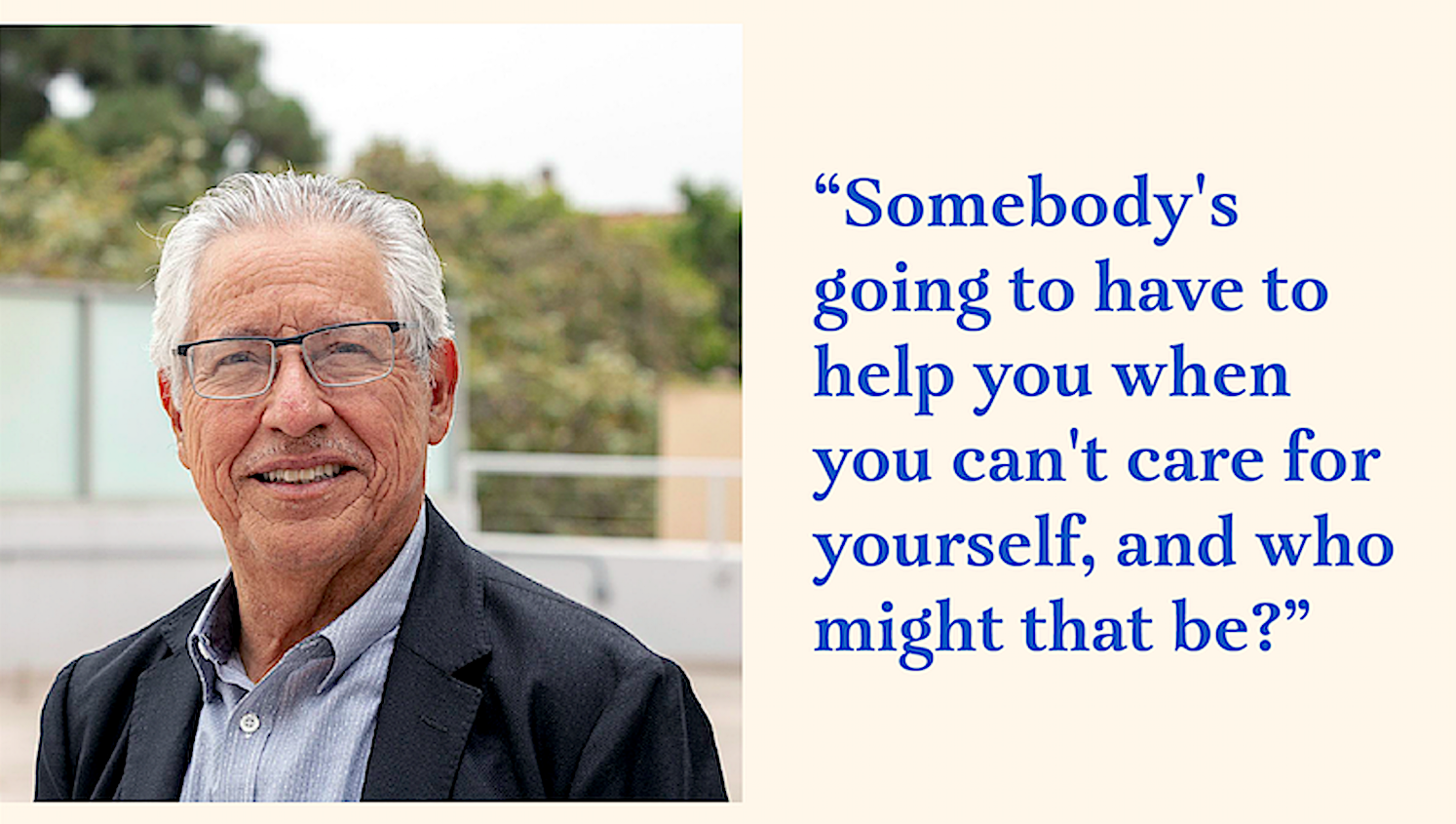
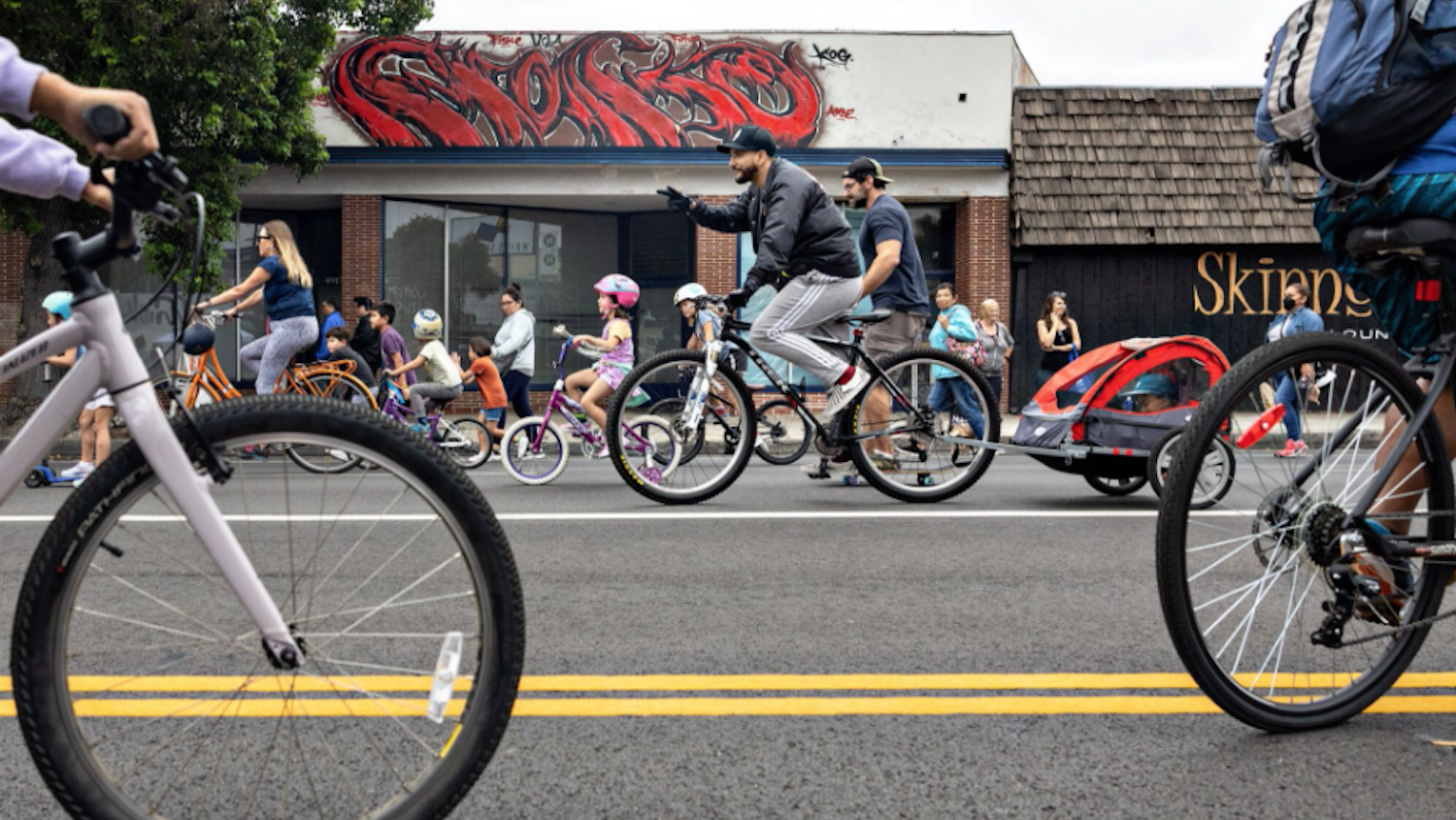
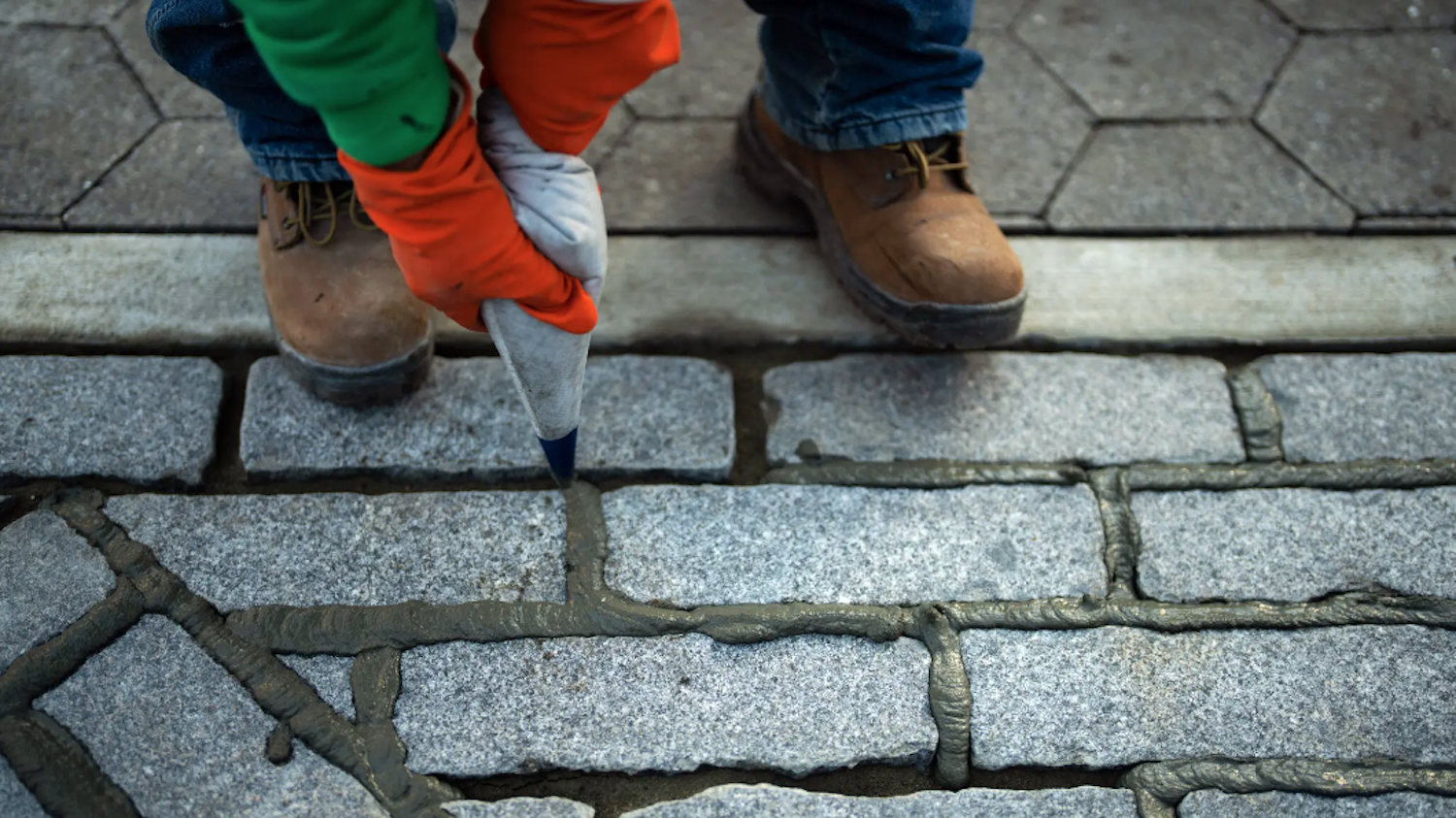


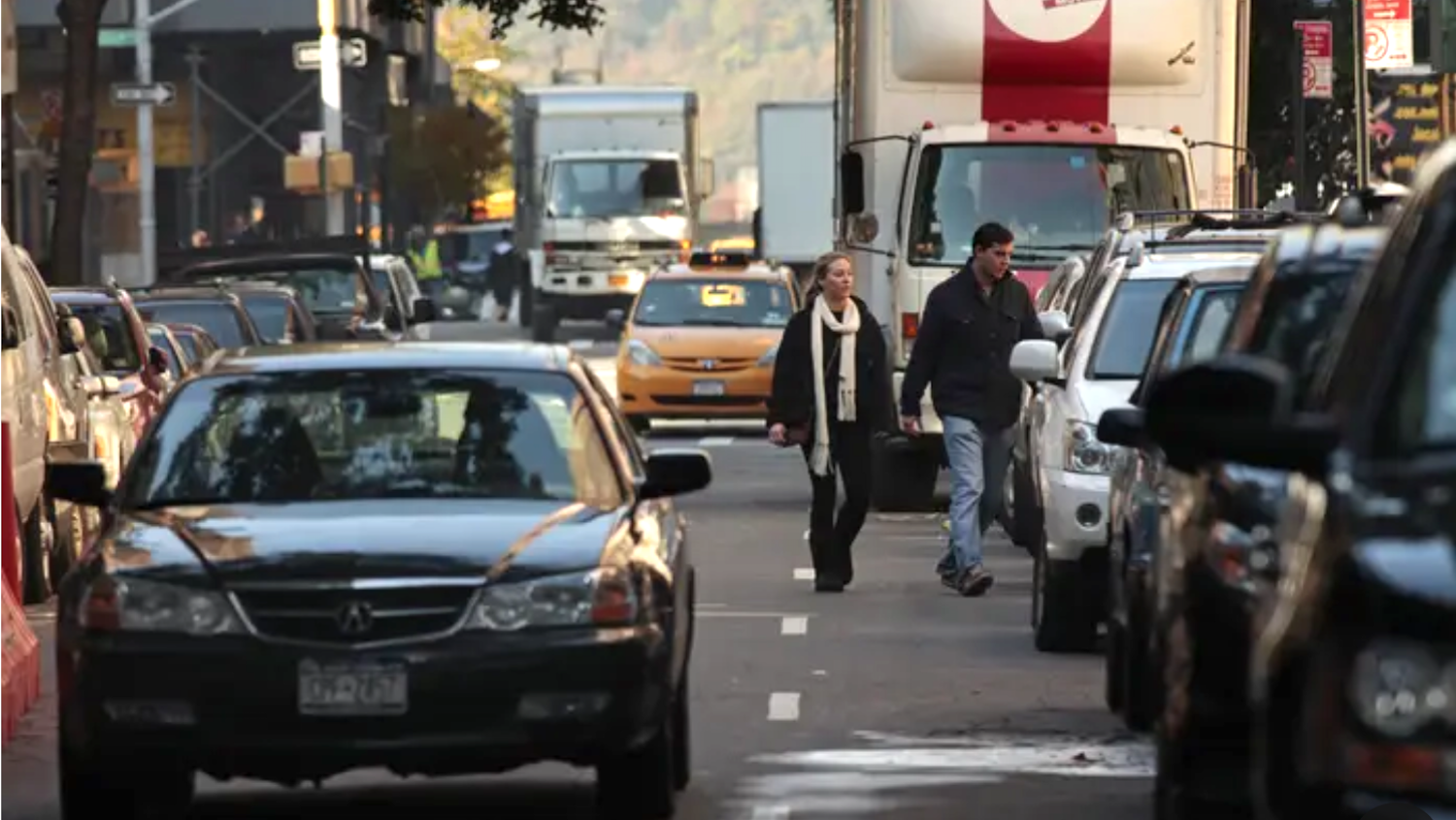

























































































































































































































































































































































































































































































































































 https://www.istockphoto.com/es/foto/paciente-de-la-tercera-edad-mirando-a-trav%C3%A9s-de-la-ventana-en-el-hospital-gm1242482746-362788962
https://www.istockphoto.com/es/foto/paciente-de-la-tercera-edad-mirando-a-trav%C3%A9s-de-la-ventana-en-el-hospital-gm1242482746-362788962



















































































































































































































































































































































































































